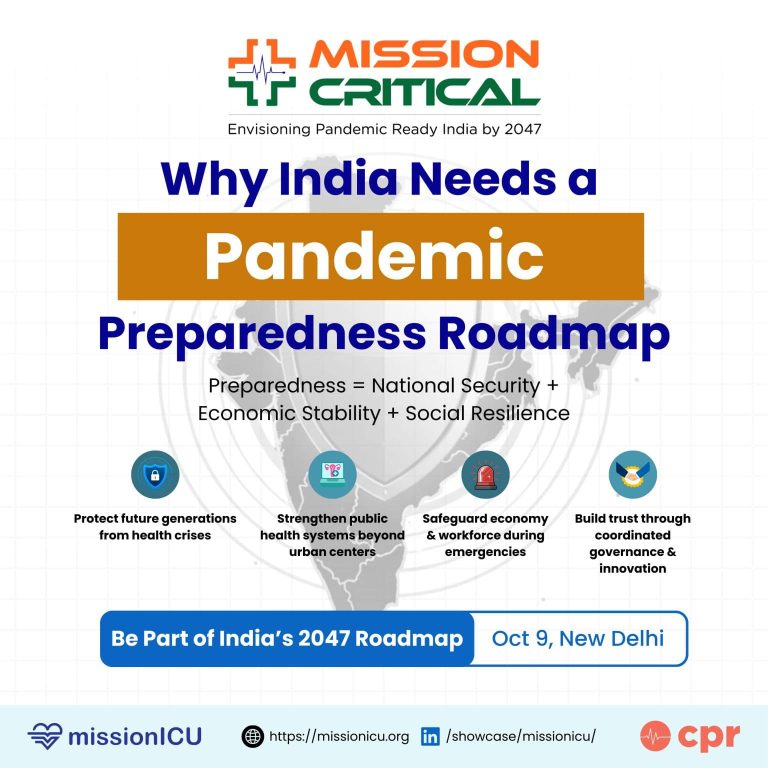A pregnant woman who underwent an at- home abortion in the hills of Butaro, Rwanda had to walk for miles on the long dirt roadsto reach medical care. This was not the first person to experience this injustice nor would she be the last person to face it.
Autumn Eastman has been a globetrotter having worked across the world in various community settings. Her varied experiences and interactions with women from all sections of society has helped her understand the nuances of menstrual health and dignified menstruation. She has interacted with women around the world to understand the stigma around menstrual health and has worked progressively to change the narrative.
During her time with working with Aarogya Seva in India, she led menstrual health education workshops in schools across India where she came across young girls who were extremely enthusiastic to learn about menstrual health but they had been exposed to generations of stigma around it that they were very apprehensive to talk about it in an open forum. After the session, they personally approached the educators to discuss their issues. This was a turning point in Autumn’s life when she realized the actual impact of the outreach. “This issue of misinformation is not restricted to India” says Autumn. During her work in Rwanda she has come across many cases where women had no autonomy over their health. It was not even considered a priority and suffering was a part of their lives.
Globally, the healthcare system requires a massive upheaval. Our community and the lives of crores of women will improve if and only if we treat healthcare as a basic human right. As Autumn as aptly said, “Our identity shouldn’t determine our access to healthcare. It is only when every person has access to sexual and reproductive health, and an awareness about the choices they can make will they be able to fulfill this right. This cycle of misinformation regarding menstrual health needs to change. Around the world people are taking the first step through menstrual health activism, but we have a long way to go to influence policy makers to address the reality on ground, to have a bottom-up approach where all the women including the LGBTQ community and menstruators of all marginalized identities are included in the conversation.’

Sharanya sreepad
Sharanya
Sharanya is a Dentist from Bangalore, who is passionate about volunteering with NGOs and has so far worked with over 20 organizations in various positions as a content writer, HR executive, Research and policy assistant, Editor, Developmental journalist, Media content research assistant and many more. She believes that it is our duty to do good and be good and wants to work to make this world a kinder place.

